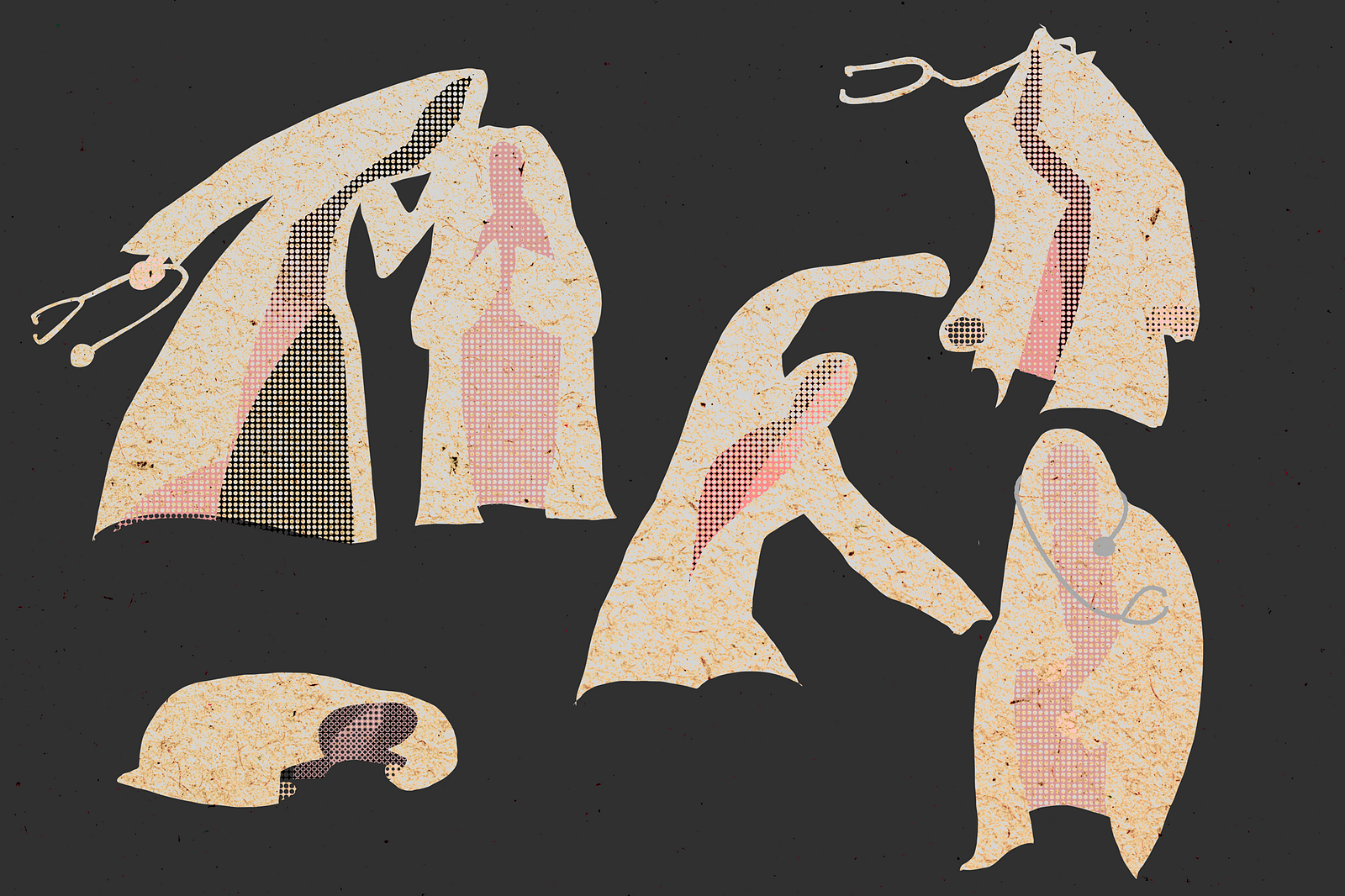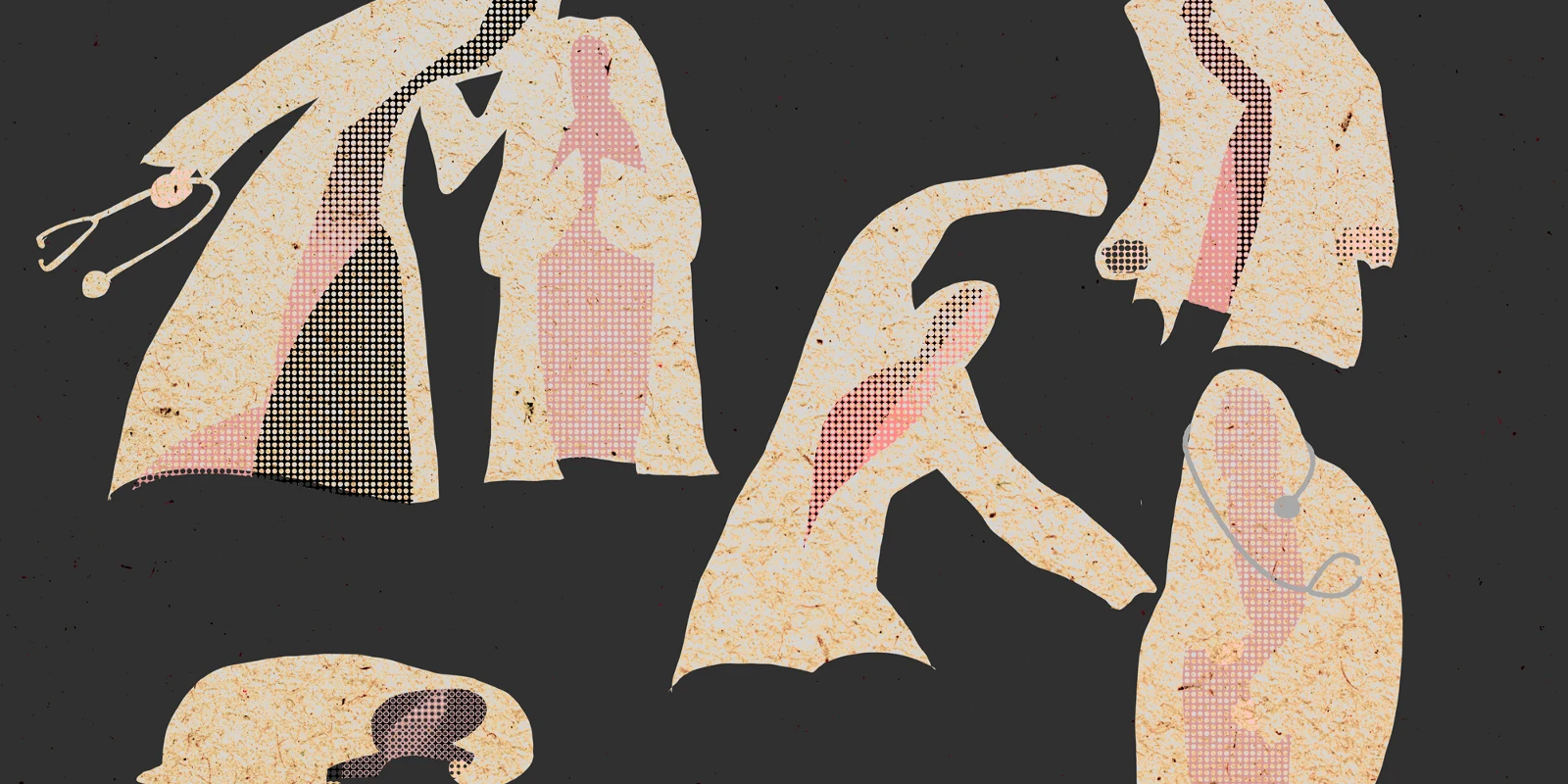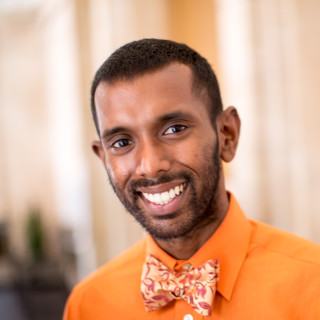
In middle school, I dreaded one subject above all: physical education. It was the only subject where I felt the cocoon of safety lifted. Because without fail, amidst the bustle of playground banter, the bullies and the bullied performed their ritualistic behaviors; one fleeing, the other chasing. I was one of the bullied.
The middle school playground made clear the thin veil of secrecy that protects the bullies. The bully survives and thrives, not because of personal might, but rather through the complacency of others who leave the bully unchallenged. It is a playground where each seeks to protect their own by silent submission to the power dynamics at play. As a bullied middle schooler, there seemed to be no end in sight.
Throughout much of my adolescence, I counted towards the ephemeral promise of adulthood where bullying would cease and mutual respect would reign. And adulthood did indeed fulfill this promise.
However, as I entered clinical medicine, I began to hear stories of colleagues who attributed derogatory comments from senior physicians to the strict code of hierarchy that prevails in medicine. Some endured inequities in resident schedules, inappropriately assigned duty hours, and threats to expose inadequacies as expected part of practicing medicine. Others accepted humiliation by faculty in front of patients or peers, being put under pressure to carry out procedures without supervision, or being ostracized for asking clarity on unclear diagnoses as part of the training environment.
Medicine, it turns out, has a bullying crisis.
In a survey of physicians, 37% said they had been bullied during the past year. Additionally, bullying was not limited to physicians-in-training, rather it affected physicians in mid-to-late parts of their careers as well. Although, bullying is often thought of as originating from seniors or people in power, it also occurs among peers. Furthermore, women and minorities reports experiencing bullying in medicine at higher rates.
The impact of bullying is expansive. Experiencing bullying, even when episodic, has been shown to lead to stress, depression, and intention to leave. Trainee physicians who experience bullying are more likely to feel unsafe at the workplace and are less likely to ask for help or advice when needed. Furthermore, experiencing persistent destructive criticism slowly erodes even the most resilient of physicians and clouds the clinician’s ability to devote themselves fully to patient care.
Medicine, given its hierarchical nature, is more prone than other professions to perpetuate the culture of bullying. Often unacceptable behaviors towards each other are shrouded in the need to provide excellent patient care. But continued acceptance of such behavior will be to the detriment of our own profession. The implication of bullying for health care is acute given its impact on increased physician burnout and staff turnover and decreased provider access for patients.
How can we stop bullying? It is easy to espouse cultural change, to institute anonymous reporting venues, provide counseling for those affected. But such measures often lead to the façade of action than to the meaningful act of changing behaviors. If we are to curtail bullying, we ought to understand that bullying is as part of the human condition as any other behavior. But behaviors die when it is not tolerated, not just by the vocal few, but also by the silent majority.
Jerome Chelliah is a resident physician in Obstetrics and Gynecology and a 2018–2019 Doximity Author.






